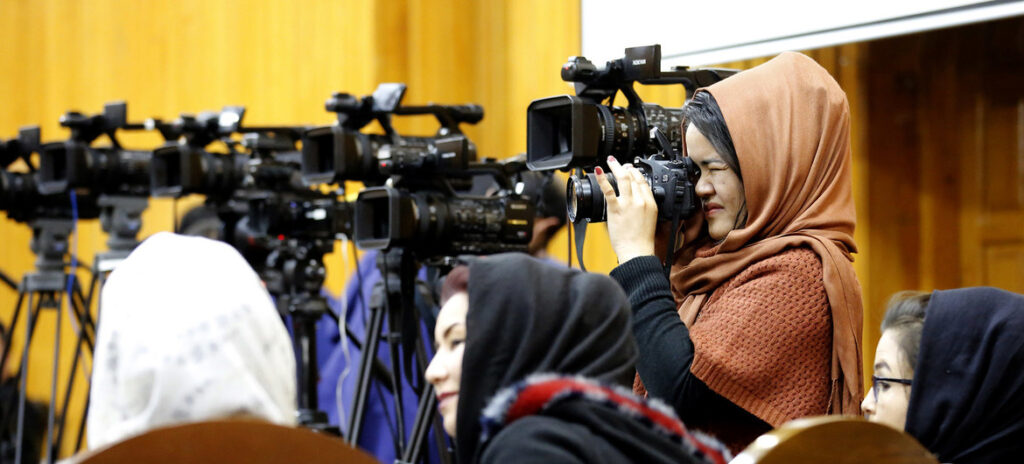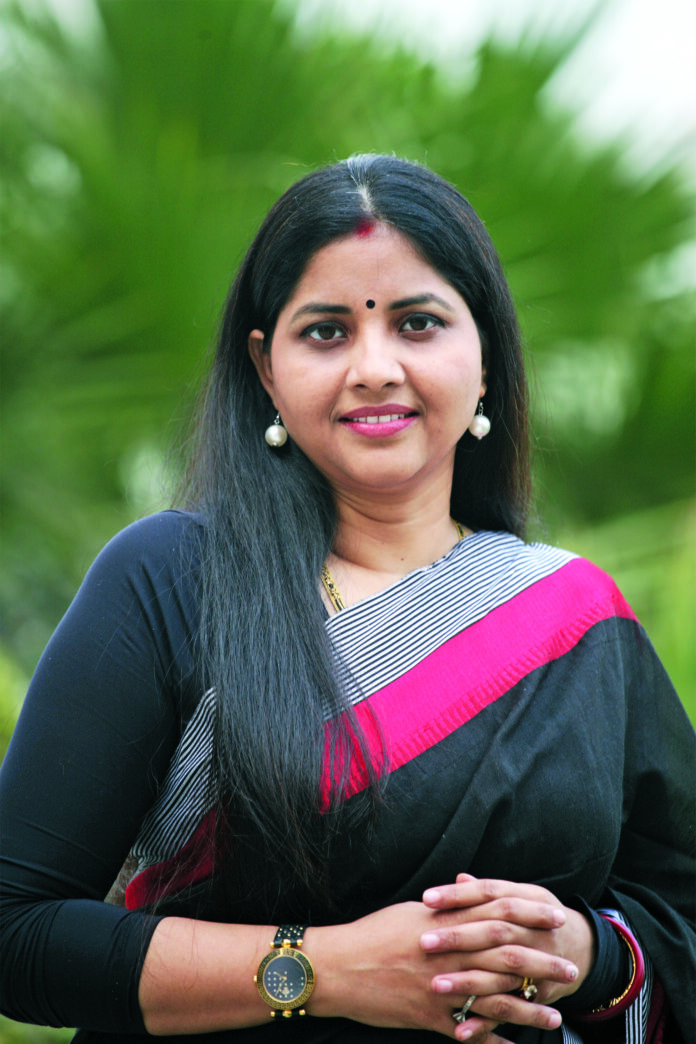The US withdrawal from Afghanistan has been an unmitigated disaster. The hurried exit policy, the theory of depending on the Taliban for security, despite full knowledge of the presence of IS-K, as well as al-Qaeda, resulted in huge casualties that could have been avoided. These are complex issues, as complex as Afghanistan itself. Understanding and navigating these narrow lanes of enmity-loyalty-suzerainty needs experience, knowledge and humility. Reporting on those will need similar values, tact and a balanced approach by the media.
The Afghanistan issue has now shown that almost all of Indian media is bereft of those qualities. Media houses have not only come up short, but have proven to be a complete disaster. Every time you watch Indian news broadcasts, its analyses, its innumerable and constant ‘debates’, you will come across ludicrous comments, such as ‘Good Taliban’ and ‘Bad Taliban’. You will come across religious dialects and banal axiom-ism.
Then, there are others who preach what exactly the Indian government should do under these circumstances, unaware of established ethics of journalism, as if mob sentiments are what control international relations and diplomacy at the highest level.
At one such ‘debate’, conducted by a news channel which supposedly has stone-clad credentials and reputation, the anchor kept asking senior politicians whether the government was erring with its “wait and watch” policy regarding developments in Afghanistan. This was after the all-party meeting hosted by the Narendra Modi government.
Senior Congress leader Anand Sharma was coaxed, but the former Union mister kept his cool and said that “watch and watch” was indeed a good decision. Similar was the experiment with Trinamool Congress MP, Prof Sougata Roy. Roy made it clear that the government’s position was correct. Foreign policy cannot be a matter of kneejerk reaction.
It needs time, tact and a 360 degree view. Also, no foreign policy is static. They change with the times, evolve. Whatever the BJP government’s stand in other issues, on Afghanistan, probably, there has been consensus.
The media should understand and respect that. Yes, we miss the journalists of yore, who had the knowledge, who learned the ropes sniffing around foreign ministry corridors and through interviews. They don’t make the likes of Karan Thapar anymore. If The Asian Age has cancelled Thapar’s column, because he referred to a 1947 issue, it is The Asian Age’s loss, it is journalism’s loss. Not Thapar’s.
At the same time, look at the brave women in Afghanistan’s journalism. The first picture (Picture above) that came to the screens and I am sure this will be remembered as an iconic one was of a woman journalist, on television, interviewing a Taliban leader. The name of the journalist is Beheshta Arghand and she interviewed Mawlawi Abdulhaq Hemad, a close member of the Taliban’s media team on Afghan television.


This used to be an unthinkable situation. More importantly, these brave women are reporting a VIEWS ON NEWS September 1, 2021 5 balanced line, doing their research, braving Himalayan odds. These aren’t values that are arrived at through in-studio debates and through high-decibel chaos. These are values that are inculcated in society, through knowledge, hard work and patience.
Yes, the long US occupation did help somewhat liberate these women journalists, but once the mind is free, there are no shackles in the world that can put them back in the horrible cage that Taliban had used during their first stint. If journalism can be so brave and women journalists can be so emancipated in a country like Afghanistan, what compulsion do we have in India to invite the shackles? It is time to grow up, be aware and realise that viewers, too, are intelligent. We need to stop this drama.













